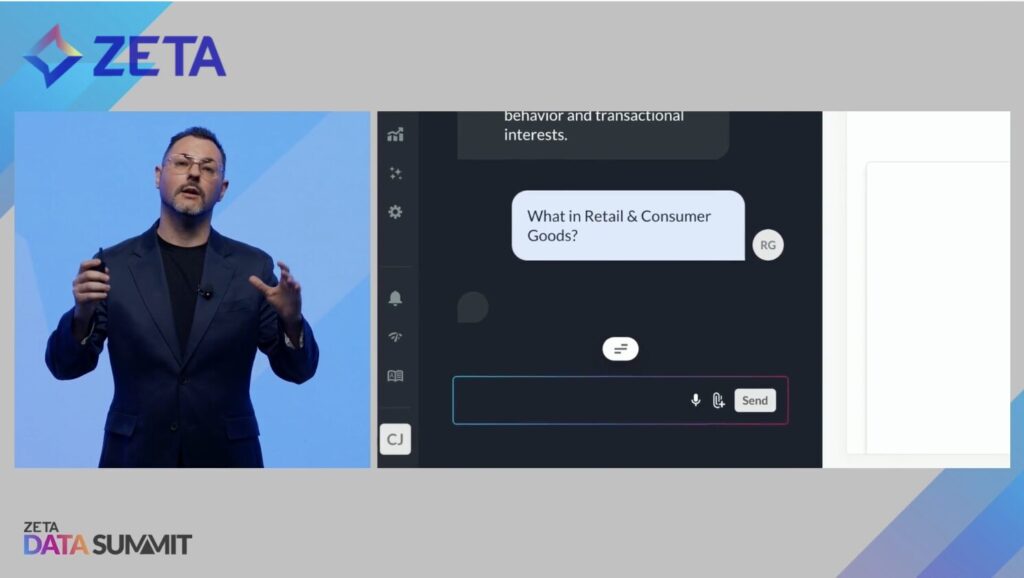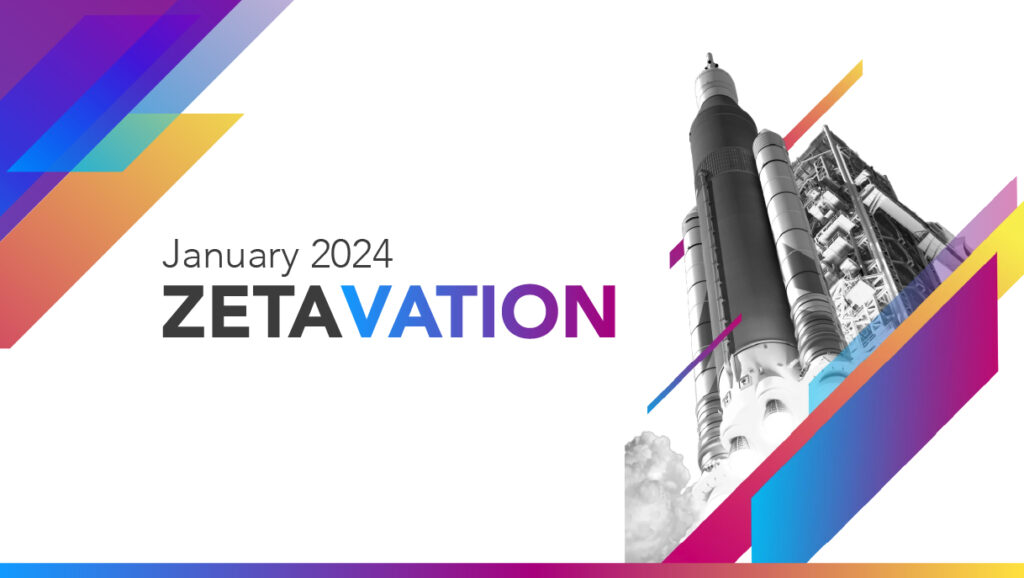
AI-Powered Personalization: Shaping the Future of Marketing
Most companies struggle with personalization. McKinsey & Company reports that 71% of consumers expect companies to deliver personalized interactions, but only 34% of companies are getting it right. The disconnect between customer expectations and what brands actually deliver keeps growing wider.
The stakes are also higher than ever. Consumers are accustomed to Netflix’s spot-on recommendations and Amazon’s carefully curated suggestions. They want messages that matter to them, offers that fit their needs, and experiences that show brands understand who they are. When companies miss the mark, they risk losing customers to competitors.
Artificial intelligence is changing this equation. By processing billions of data points and spotting patterns humans might miss, AI helps brands move beyond basic personalization to creating truly relevant experiences at scale.
Why personalization fails
First let’s take a look at why personalization fails. The challenge isn’t a lack of data – companies have more customer information than ever before. The problem is turning this mountain of data into meaningful action. Marketing teams are drowning in information about website visits, purchase histories, email opens, and social media interactions. But they struggle to piece it all together into a clear picture of what customers actually want and need.
The bargain customers make with brands is “I give you my data and you show me things I want to see.” Here are three common ways that personalization fails when brands don’t hold up their end of the bargain.
- “Not Me”: When brands use wrong or missing information, like “Dear [First Name]” in emails, or treating loyal customers like newcomers.
- “Not For Me”: When brands promote completely mismatched products, like baby items to parents of teenagers, or meat products to vegetarians.
- “Not Now”: When timing is off, like advertising products someone just bought, or sending seasonal promotions months too early or late.
Missteps like these point to a deeper problem. Despite having more customer data than ever, companies are still struggling to turn this information into meaningful action.
How AI makes personalization work
AI solves these problems. It might take weeks of analysis for a human to spot a single behavioral pattern or predict an upcoming need. AI processes these insights in seconds, collating massive amounts of data into easy-to-understand actionable intelligence.
Recognition: AI helps brands spot customers across different channels and understand how they interact with the brand over time. It matches preferences and behavior to action so when someone visits a website, opens an email, or walks into a store, AI can build a clear picture of their journey and find the products they want.
Prediction: By looking at billions of signals, AI can figure out what customers might do next. It can also spot signs that someone might switch to a competitor before traditional warning signs appear. For example, if someone starts researching new phones or visiting competitor stores, AI can alert the brand before the customer leaves.
Action: AI spots the moments when customers are most receptive. If someone looks at ski equipment on Tuesday morning, AI might wait to send a promotion until Friday when they typically plan weekend trips. Or if a customer usually books travel at lunch, that’s when they’ll see flight deals; not at 3 AM when most marketing blasts go out.
New AI tools also make marketing tasks much faster. Marketers can ask AI do things like:
- Find specific audiences using plain language (like “find East Coast sneaker fans”)
- Draft entire marketing campaigns to give teams a solid starting point
- Build marketing plans without data scientists
- Show clear predictions about how different choices will affect sales
- Automate customer journeys and workflows
People still matter
AI is powerful, but human judgment is still crucial. Marketing leaders say success comes from understanding how people think and behave, not just crunching numbers. The best results come when AI handles the complex data work while humans focus on strategy and creativity.
Think of AI as a powerful assistant that needs human guidance to create messages that truly connect with people.
Looking forward
The tools for AI-powered personalization exist today. Success depends on how companies use them to build real connections with customers. The winners will be those who combine AI’s capabilities with human understanding to serve customers better.
This isn’t just about better marketing messages; it’s about building better businesses by truly helping customers get what they need. Companies that get this right don’t just sell more products; they create lasting relationships with customers who feel understood and valued.
Want to see Zeta in action?




